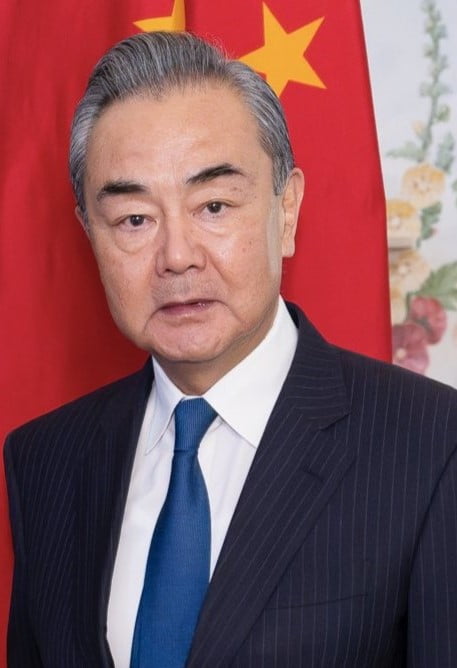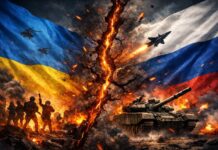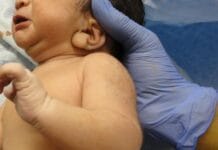In a sharp rebuttal to NATO’s allegations, China’s Foreign Minister Wang Yi has firmly denied claims that Beijing is aiding Russia in its ongoing war against Ukraine. This comes in response to NATO’s recent declaration, which accused China of providing substantial support to Russia’s defence efforts and exacerbating the conflict.
NATO’s Accusations and China’s Response
The tensions between NATO and China escalated after a declaration from NATO member states in Washington DC, which criticised China for being a “decisive enabler” of Russia. NATO leaders pointed to China’s “large-scale support for Russia’s defence industrial base” and demanded that Beijing cease all material and political backing for Russia’s war efforts, including the supply of dual-use materials.
In a call with Dutch Foreign Minister Caspar Veldkamp, Wang Yi refuted these accusations, asserting that China has “always been a force for peace and stability” and does not accept the claims made by NATO. He warned the Western alliance against inciting confrontation, emphasising that China’s political system and values should not be grounds for conflict.
Western Concerns and Economic Implications
Western nations have previously accused China of transferring advanced technologies, such as drone and missile systems, as well as satellite imagery, to Russia. According to U.S. estimates, a significant portion of the machine tools and microelectronics imported by Russia now originate from China. Additionally, NATO accused China of engaging in “malicious cyber and hybrid activities” against member states.
U.S. President Joe Biden highlighted potential economic repercussions for China if it continues to support Russia. He indicated that European nations might reduce their investments in China as a consequence. Biden also mentioned discussions among NATO leaders about transforming the West into an “industrial base” for munitions to counterbalance the support Russia receives from its allies.
China’s Position and International Reactions
China has consistently denied providing military support to Russia and maintains that it is a neutral party in the conflict. Beijing has called for an end to the war and proposed peace plans, which have been rejected by Ukraine. Despite these claims, analysts note that China’s substantial purchases of Russian oil and gas have financially bolstered Russia’s economy, weakened by international sanctions.
Beijing’s rhetoric often aligns closely with Moscow’s, and both nations refrain from labelling the conflict as a war. The close relationship between Chinese President Xi Jinping and Russian President Vladimir Putin, characterised by their declaration of a “no limits” partnership, further fuels Western suspicions.
China’s response to NATO’s accusations was swift and vehement. A foreign ministry spokesperson condemned NATO for spreading “fabricated disinformation,” while Beijing’s mission to the EU urged the alliance to cease hyping the so-called China threat.
NATO’s Commitment to Ukraine
Amidst the escalating rhetoric, NATO reaffirmed its support for Ukraine during its recent summit. The alliance committed to bolstering Ukraine’s defence capabilities, with pledges amounting to at least €40 billion in aid over the next year, including advanced fighter jets and air defence systems. NATO also reiterated its support for Ukraine’s future membership in the alliance.
Further Reading




